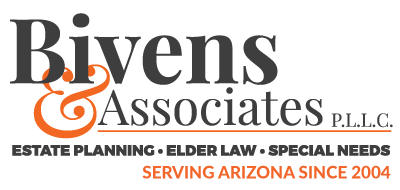Do I Qualify for VA Aid and Attendance Pension Benefit?
There are three criteria for qualifying for A&A benefits:
- Qualifying Military Service
- Medical Necessity
- Financial Eligibility (Net Income & Resources)
Qualifying Military Service: A veteran or widow will be considered to have qualifying military service if the veteran served 90 days active duty, of which at least 1 day was during a defined conflict time period, or is the widow of a veteran with qualifying service. Additionally, the veteran must have been discharged from service under conditions other than dishonorable.
Medical Necessity: The veteran or widow must be age 65 or older, or if younger, permanently and totally disabled may be eligible for A&A when the veteran/widow requires the aid of another person in order to perform personal functions required in everyday living, such as bathing, feeding, dressing, attending to the wants of nature, adjusting prosthetic devices, or protecting himself/herself from the hazards of his/her daily environment; OR, the Veteran/widow is bedridden, in that his/her disability or disabilities requires that he/she remain in bed apart from any prescribed course of convalescence or treatment; OR, the Veteran/widow is a patient in a nursing home due to mental or physical incapacity; OR, the Veteran/widow is blind, or so nearly blind as to have corrected visual acuity of 5/200 or less in both eyes, and concentric contraction of the visual field to 5 degrees or less.
Financial Criteria: A veteran or widow must meet certain income and resource criteria:
Income includes income received by the Veteran and his or her dependents, if any, from most sources. It includes earnings, disability and retirement payments, interest and dividends, and net income from farming or business. The VA has established minimum income limits and if the Veteran’s or surviving spouse’s “net” income after deducting medical expenses is under the established amount, the VA will pay the difference to bring the Veteran or surviving spouse up to the established amount. The exact net income calculations vary based on whether the veteran is married or single, or if there person in need is a widow. If you are a veteran or widow with qualifying military service and medical necessity, speak to an experience elder law attorney about qualifying for VA A&A if your current income does not meet your current care needs.
Resources (or net worth) means the net value of the assets of the Veteran and his or her dependents. It includes such assets as bank accounts, stocks, bonds, mutual funds, and any property other than the veteran’s residence and a reasonable lot area. There is no set limit on how much net worth a Veteran and his dependents can have, but net worth cannot be “excessive”. The decision as to whether a claimant’s net worth is excessive depends on the facts of each individual case. All net worth should be reported and the VA will determine if a claimant’s assets are sufficiently large that the claimant could live off these assets for a reasonable period of time. VA’s needs-based programs are not intended to protect substantial assets or build up an estate for the benefit of heirs. If you are a veteran or widow with qualifying military service and medical necessity, speak to an experience elder law attorney about qualifying for VA A&A if your current income and resources are not sufficient to meet your current care needs.
-Megan Selvey, Esq.
